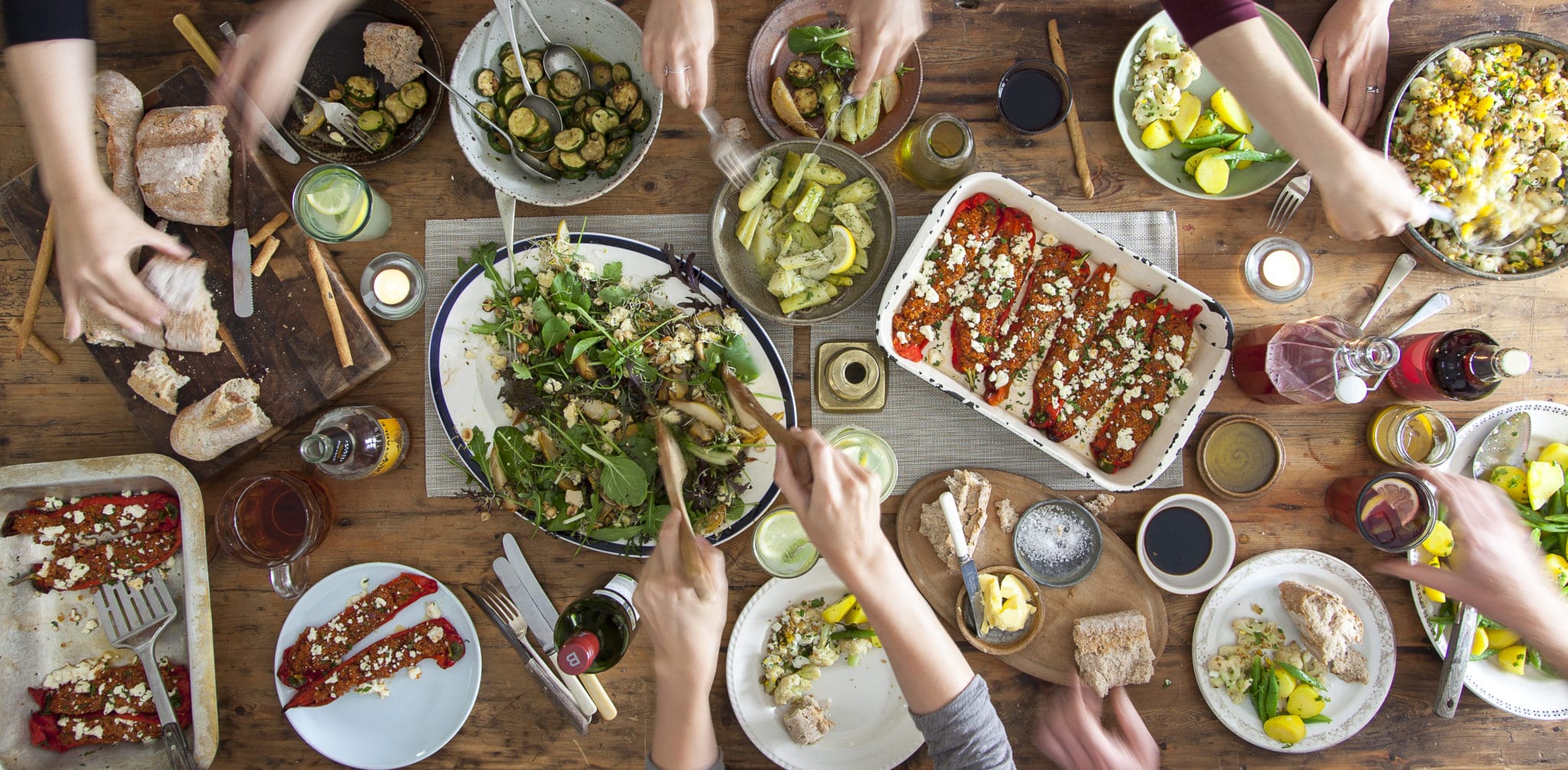Providing a basic income to all citizens could end hunger and ensure healthy and sustainable diets, experts have said.
The concept, known as Universal Basic Income (UBI), has been touted as transformational for the wellbeing of the nation and the environment by speakers at a recent event, hosted by the UBI Lab Network.
“Given the rising cost of living in the UK, UBI would provide people with financial shelter to buy food and not rely on the increasing network of food banks,” said social policy lecturer at the University of Salford, David Beck.
“We should be shocked that Rhyl (a town in Wales) has more food banks than supermarkets,” he added.
The notion of guaranteeing a minimum income is nothing new, dating back to the 16th century, but it is gaining traction as 7.3 million UK adults struggle to put food on the table in the last month due to the cost‐of‐living crisis.
Speakers also said that UBI could break the stranglehold of a free market economic system built on cheap labour and food.
Beck summarised that ensuring that citizens have a minimum income would allow people to make healthier and more sustainable food choices, rather than buying cheap ultra-processed food that drives poor health and types of farming that is heavily reliant on crops grown in monocultures with chemical pesticides and fertilisers.
“UBI has the potential to reduce government spending, increase tax revenue, improve the economy and the health and wellbeing of citizens,” said lecturer in tax and accounting at the University of Bangor, Sarah Closs‐Davies.
Closs‐Davies said she has calculated that a fully implemented UBI would cost the tax purse £420 billion a year to significantly reduce poverty. This is double the current social welfare budget, but she suggested the government should implement a windfall tax on higher earners and corporations to make up the difference.
She also stressed: “We must not just consider the expenditure but all of the savings, too.”
Critics of UBI say that providing a basic income would deter people from working and it would encourage frivolous spending and irresponsible behaviour.
“These arguments highlight a certain politically driven rationale and assumptions,” responded Closs‐Davies. “I.e., you must work and pay your taxes to deserve benefits.
“This is quite a narrow-minded and monetised approach to how we govern the welfare of citizens and what we think of others,” said Closs‐Davies.
Food studies lecturer at Queen’s University Ontario, Elaine Power, added: “It would allow people to walk away from crappy jobs and not worry about putting food on the table.”
A basic income could also help farmers grow more sustainably, according to Power, who said: “Basic income is a stabilising force for especially new and younger farmers so they can take the time and not rush into decisions that are less sustainable.”
But executive director of the Food Ethics Council, Dan Crossley, stressed it isn’t a panacea: “It [UBI] has the potential to have lots of positive impacts, but it won’t solve everything.
“We need to think about how it fits with other policies and parts of the equation.”
In addition to UBI, rationing food is another idea been forward to address food poverty and unhealthy diets, read more about it here.















It sounds excellent in theory but working in the food shop I do I know not a large percentage of people would make the most of such on offer. Those who believe in eating properly probably are and those that don’t probably won’t. And then of course there’s peer pressure and advertising. But, being an optimist, there must be way of making it work with gentle persuasion, or should that be coercion…….
How about if this was combined with a National Food Strategy that would tackle poor diets at the root – the governments new ‘Food plan for England’ was meant to position England as a leader on food & the environment, but after key recommendations were removed it has been condemned by its own lead adviser, environmental organisations & food charities across the UK. The original food strategy by Henry Dimbleby was groundbreaking stuff – you can find out more about it here https://wickedleeks.riverford.co.uk/news/prescribing-veg-and-cutting-meat/
I’m working with an economist on carbon allowances policy, and he thinks the massive inequities in the way society’s haves & have-nots create different amounts of CO2 emissions is a potential leverage point. If everyone gets equal per capita carbon allowances and is allowed to sell what they don’t use, then the rich will buy so much off the lower incomes that it would be equivalent to providing a Universal Basic Income. He actually thinks the effect would survive for years even while the carbon allowance allocated each rationing period is reduced down to 2 tonnes per year (the current best guess at what is a sustainable level).
Very interesting. While the idea seems far too progressive for our government at first thought, they do rather like the idea of monetising things.
I could see it working quite well for things like flights and cars, although do you penalise those for living in rural areas?
Like you know, I think food is tricky to measure just on carbon. Ie food grown intensively can more carbon efficient than organic, but do you need to factor in biodiversity, pesticides use, water, pollution, etc?
A good point was raised at Groundswell, the regenerative farming conference, when you focus too much on one metric of sustainability, it’s very easy to get unintended concequences.